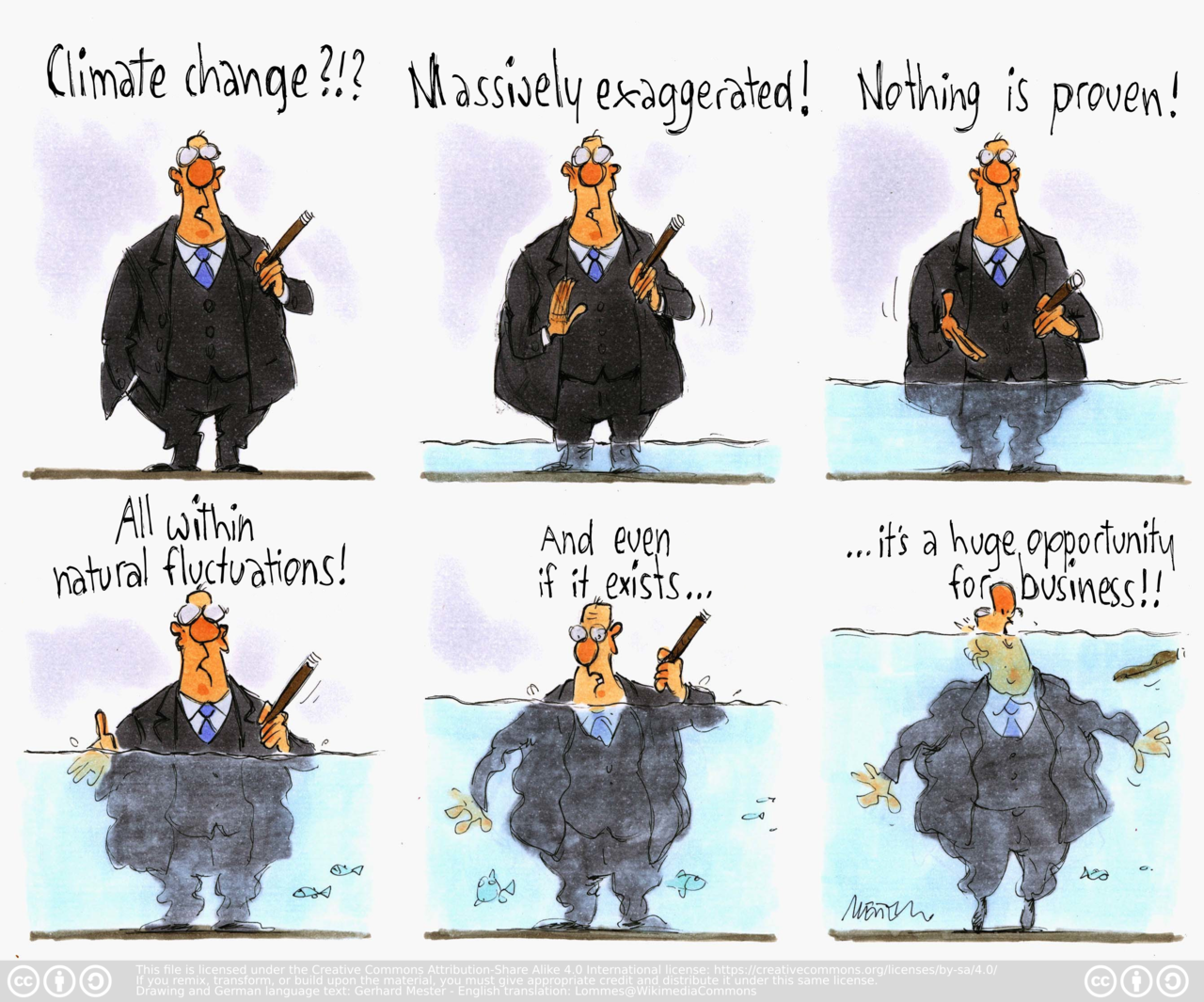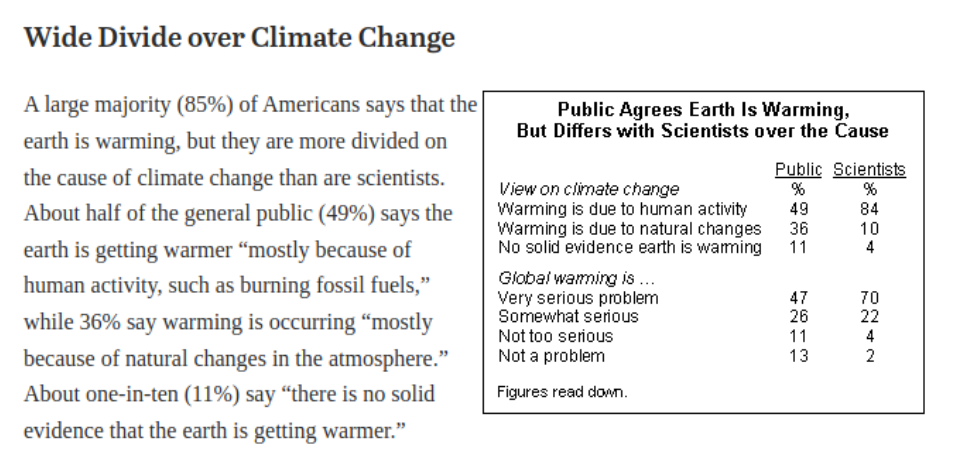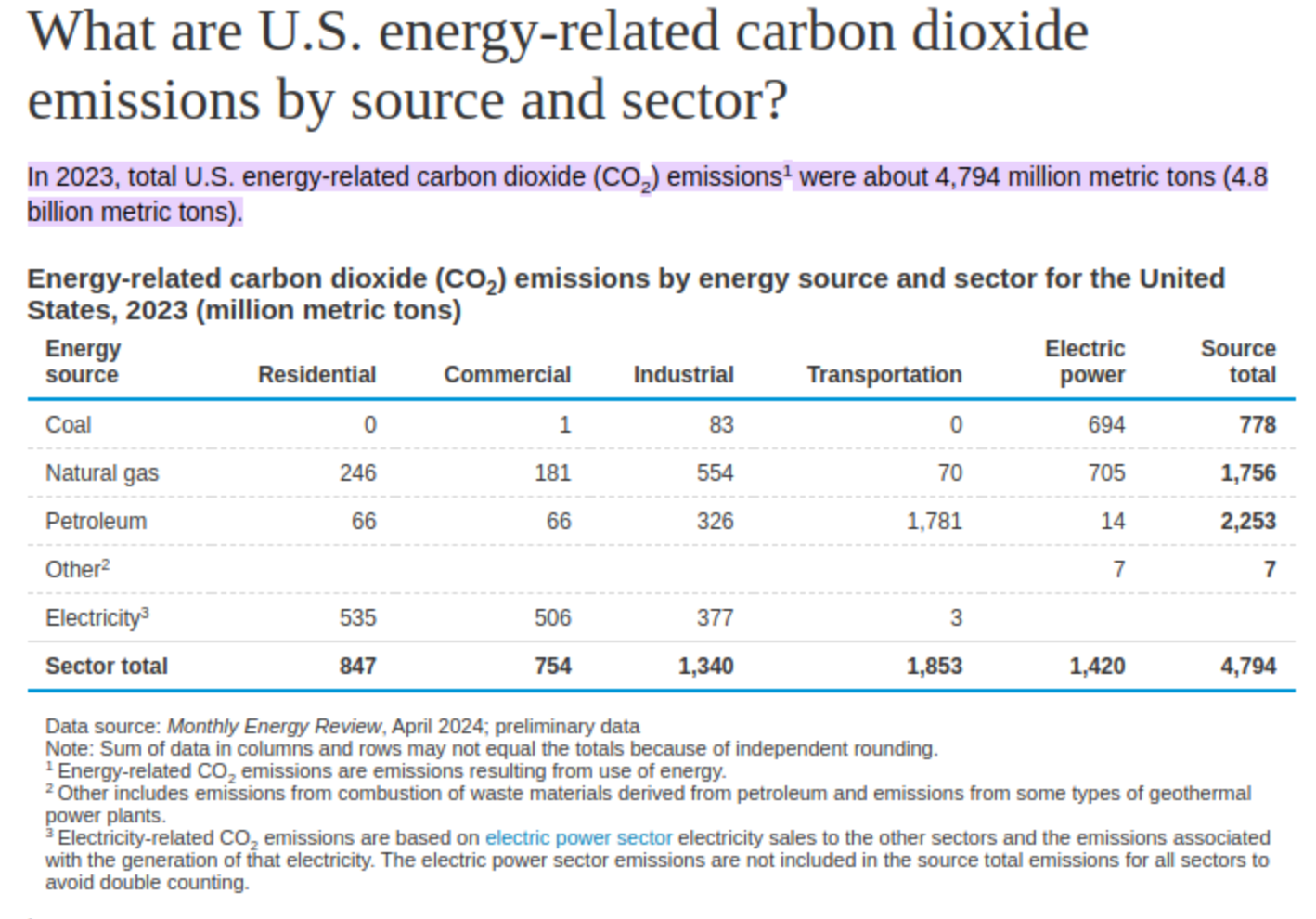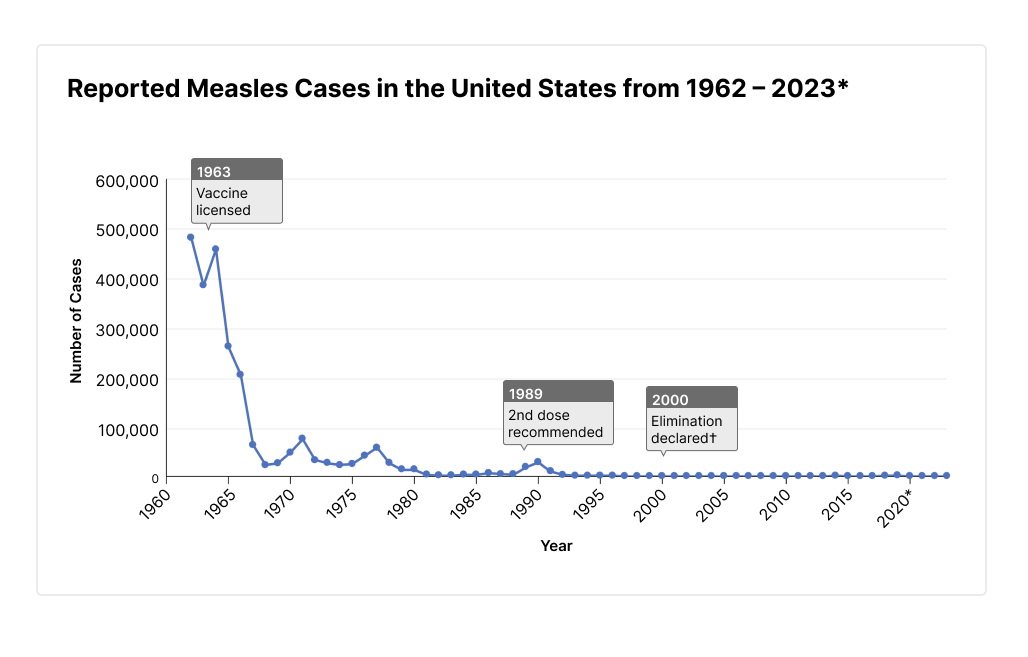Curiosity Killed The Cat, Says The Sloth
Humanity’s Progress is More Important Than Ever
Let’s observe the facts: Humans took more than a hundred thousand Earth years to progress from the Hunter-Gatherer Age to the Agricultural Age.
To get from the Agricultural Age to the Industrial Age took a few thousand Earth years. But to go from the Industrial Age to the Atomic Age took only two hundred Earth years. Thereafter, in only a few Earth decades, they entered the Information Age. This civilization possesses the terrifying ability to accelerate their progress.
The Three Body Problem, Chapter 33, Liu Cixin
Humanity’s progress is exponential as evidenced by the pace of its discoveries over 300‘000 years of (arguably) tortured existence. In fact, some even argue it all stems from being the most ill-adapted animal to our environment, forcing us to rely on technology to escape the cold, predators, deadly plants, storms, and hunger. Like gazelles fleeing a lioness’s claws with sheer speed, humanity has survived by hurling technology at its problems, always evolving faster than the threats chasing us.
We’re running so fast in fact, the predators of the past have been replaced by the specters of our own creation. As the saying goes, “Man is a wolf to man”. After the predators of the savanna came the plagues, then deadly wars, and more plagues. We sprinted into the atomic age with the capability to obliterate our planet at the push of a button. Now, our relentless forward sprint has poisoned our air, soil, and water, introducing plastic particles everywhere—even in our testicles.
What’s more, we’re on the path to make Artificial General Intelligence (AGI) a reality, despite our intuitive understanding that an intelligence surpassing our own might logically deduce that the principal issue in the Solar System is not AR3576, but humanity itself.
While some argue that it’s time to slow down or even reverse course, it seems more likely that we will continue to push forward. We are running on a tightrope where one misstep could be catastrophic, and we are not always looking ahead. Why aren’t we? Like a speeding motorcycle on a highway, deciding to overtake that long truck better be an informed choice.
With humanity trapped by its own inertia, our salvation might lie in running faster and faster, at least until we reach the technological and cognitive escape velocity (9) (10) needed to free ourselves from wars, disharmony, and a hostile environment, and ultimately achieve transcendence.
For the sake of argument, let’s assume this is true and ponder what it implies. Ideally, making progress, progress faster should be an active, controlled choice, yet it often isn’t. What we control is only the pace, and we know we must accelerate.
The Clock Is Ticking
The same way Daenerys Targaryen says, “If I look back, I am lost” when making choices that lead her to a headlong rush towards world domination, like Romans and their conquest of Europe, humanity can never slow down and take a breath.
In 2024, the clock is ticking with climate change and deadly wars, and they are likely to be intertwined. Indeed, what will happen when the Southern Hemisphere becomes uninhabitable and billions of people are pushed to the north, just like Wildlings were pushed to the South by the arrival of Winter, and humanity is again faced with scarcity of resources and land?
The finish line is nowhere in sight, but we can’t stop. We must keep running, faster and faster, hoping to outrun the consequences of our own speed. The race is life itself, and the only way forward is to keep our legs pumping, our minds racing, our innovations leaping ahead of the threats that chase us.
Skepticism Gets In The Way of Progress: A Telling Example
In the 1860s, physicist John Tyndall recognized Earth’s natural greenhouse effect and suggested that slight changes in the atmospheric composition could bring about climatic variations. In 1896, a seminal paper by Swedish scientist Svante Arrhenius first predicted that changes in atmospheric carbon dioxide levels could substantially alter the surface temperature through the greenhouse effect.
In 1938, Guy Callendar connected carbon dioxide increases in Earth’s atmosphere to global warming. In 1941, Milutin Milankovic linked ice ages to Earth’s orbital characteristics. Gilbert Plass formulated the Carbon Dioxide Theory of Climate Change in 1956 (1).
More scientist voiced concerned during the 1950s and scientific consensus only began to form in 1980s. In 2001, the Third Assessment Report (TAR) prudently concluded “There is new and stronger evidence that most of the warming observed over the last 50 years is attributable to human activities“.
Yet, in 2009, most americans did not believe global warming was human made (3). Worse, some scientists, like Singer, even argued that there is no evidence that global warming is attributable to human-caused increases in atmospheric carbon dioxide (2).
We are now in phase four in the public debate about rapid climate change. Phase one was climate change is not real. Phase two was climate change is real but not caused by humans. Phase three was climate change may be caused by humans but it’s not that bad. Phase four is climate change is no longer avoidable we are doomed and it doesn’t matter what we do. (11)
The result of more than 70 years of skepticism, doubt and gaslighting led to this: the new generation feels hopeless about the future because they feel it’s too late to revert the actions of previous generations.
The Graveyard of Great Ideas
By clinging to doubt like a sloth to a tree, lazy skeptics continued to sabotage our own environment, which they share with other people, AND prevented more englightened scientists from taking actions.
Besides global warming not being recognized before it was real late, many technologies that would have helped us today did not see the light of day because of fear, doubt and skepticism.
Nuclear Energy And Fear
In 2011, Germany decided to phase out nuclear energy and closed its last nuclear power plant in 2023. In 2017, 58% of Swiss citizens voted in favor of phasing out nuclear energy. However, it is known that countries that rely on nuclear energy also are the one that emit less carbon into the atmosphere for their energy needs (4).
The main argument against nuclear energy is long term storage of nuclear waste, a problem that was actually solved in 1960s (5). Nuclear waste can be recycled several times and made magnitudes of time less radioactive by the time we need to discard it. Of course, in 1971 usage of this technology was prohibited in the USA by a president who was not able to see beyond the end of his mandate.
Currently, there is enough nuclear waste that could be recycled in the United States to power their entire country for the next 150 years.
In the meantime, since this is not the case, most of their energy is produced by petroleum, natural gaz and coal (12):
Their current use of nuclear energy avoids 471 millions metric tons of CO2 each year (6), so around 10% of their energy-related emissions.
Electric Cars
At the same time, the transition to clean energy sources is being slowed by fear, and skepticism is hindering other efforts to reduce emissions. Doubts about whether electric cars emit less carbon dioxide than combustion engine vehicles persist, despite the fact that combustion engines are known to burn fuel at only 20-40% efficiency, many other well known measurements and debunked myths. (7) (8).
Dismissing New Ideas Even When They come With No Strings Attached
In 1847, Semmelweis observed that handwashing led to higher patient survival rates, but he was ridiculed for his findings. Twenty years later, Pasteur managed to change perceptions with his germ theory. For 20 years, many people died at the (dirty) hands of people who were exposed to this actually correct, and new notion but chose to dismiss it, proving that sometimes, the real risk lies in being too skeptical. Unfortunately, it’s not always the skeptics who pay the price for their under researched opinions.
Common Fallacies
Among intellectuals, skepticism is often regarded as a cornerstone of sound reasoning. Critical thinking is undeniably essential, as gullibility can lead to detrimental consequences. Skepticism is intended to aid in rational decision-making, avoid obvious pitfalls, and manage risks effectively.
However, when skepticism is wielded against progress and used in ceremonial sentences such as:
the burden of proof lies with the party making a claim or allegation
or
extraordinary claim require extraordinary evidences
It completely misses one critical point: we’re no longer living in Da Vinci’s time anymore, when one single person could know it all or run basic experiments in their backyard and discover new things to find this licorn of a proof.
Our society thrives on cooperation because sharing knowledge and funding costly tools or studies is essential—resources that are often out of reach for individuals. If cooperation to solve an unknown doesn’t begin due to skepticism, how can progress ever be made?
It’s time to stop letting skepticism be the party pooper of progress. Skepticism should be used to prevent guillibility and engage the scientific method to prove / disprove a theory rather than shutdown bold new ideas.
Personal Anecdotes
Choice: Safety vs Guinea Pig
In 2008, at the age of 13, I found myself lying in a hospital bed. Two PhD students from the EPFZ entered the room and introduced a brand-new device they claimed could save my leg from the advanced bacterial infection I was battling. The attending medical doctors advised against it, advocating instead for the safer option: amputation.
For me, the choice was clear. I understood the importance of having two legs in this world and couldn’t envision a future where I would accept living with only one. I decided to take the risk and become a guinea pig for their device, hoping for the chance to have two functional legs. Even today, I would make the same choice.
This event had a profound impact on my life. I was already inclined towards science, but this experience solidified my worldview. Studying science is like studying magic at Hogwarts: the more you learn, the more spells you can cast to transform the world around you, like those PhD students transformed my life.
Vision
Ten years later, I found myself in another room—my then future job’s offices in Switzerland—for an interview. When they asked what I would bring to the table, I highlighted my knowledge of antivirus software and my plan to future-proof their pentest tools. While antivirus software is useful, it often provides clients with a false sense of security by masking vulnerabilities. Pentesters, on the other hand, must work under significant time pressure.
They told me those skills were not needed because they already had people working on that. Was I going to claim that my approach was superior? Of course not. Sounding arrogant without any notable entries on my curriculum vitae would not have been wise for a young person with no financial backup, and it was obvious evading antivirus did not and would not impact the income of the company. If anything, it impacts the clients’ understanding of the audits’ results. I gladly accepted what they offered and decided to work on my plan in my free time and between pentest engagements.
I was convinced they needed my tools; they just didn’t know it yet (at least, that’s what I thought at the time). By showing them a proof-of-concept, I believed they would finally see what I was seeing.
To me, it was clear that antivirus software was evolving rapidly. Leveraging my newly acquired knowledge of operating systems, I thought I could predict which detection mechanisms they would add and the challenges these would pose for pentesters like me in the future. But I thought I could also foresee future flaws.
At the time, there were 70 different antivirus programs. I reverse-engineered two of them to gain more insight, read all the academic papers on the subject, and quickly realized I could never defeat them one by one. I had to do it once and do it well. I identified six design flaws that, when combined, applied to all of them. Over two years, I developed more than 20 tools that I could combine in a pipeline to exploit these flaws. Meanwhile, since antivirus software continued to evolve, I dispatched several projects at local universities to address potential future features of antivirus programs. Years later, those projections proved accurate, and the tools born from this journey still allow to circumvent any EDR on the market.
At the time, there was no evidence that my approach would be the right one. The understanding was only in my head, and I failed to convince my peers. I had the time and patience to bear the burden of proof on my own, but how many ideas never see the light of day because convincing our peers is harder than solving the hardest problems?
Division
In 2024, residing in Europe, it has become axiomatic that progress is a function of cost. The only way to transcend this constraint is through self-sacrifice, effectively performing the work that would be suitable for an entire team. My ideas typically require a time complexity of six months to two years for implementation and testing, borrowing time before and after my office hours. As my age increases and my health declines, I observe that progress, within my sphere of influence, is now a multivariate function of cost, time, and energy—where energy is inversely proportional to time. I estimate I have the capacity for three to four more projects before these resources asymptotically approach zero. Despite years of effort, I still fail to convince my peers and galvinize them to contribute substantively to societal advancement.
In fact, the more the years advance, the more I encounter pessimism and skepticism. When I was coordinating the R&D at my previous job, my boss and I were surprised to discover that our hackers were not particularly motivated to do any research if the opportunity was given to them. While this was completely fine for the compagny, since R&D is costly and thus limited, it was surprising to us, given that each one was the best in their class—The crème de la crème. This raises a critical question: how many individuals possess the requisite ability, will, and energy to generate and implement novel ideas in this world? If not them, who?
Asking this question to everyone I share a beer with, I was surprised to see that people simply do not see the point:
- Why would they do it, the world does not deserve it.
- Someone else will.
- We should allocate our resources to solving immediate issues like world hunger, rather than investing in speculative research.
- They’re doing their part by making children and focusing on their education.
- They’re too tired.
- They don’t have time.
In the movie The Boy Who Harnessed the Wind (inspired by real events), the protagonist’s father yells at his son when this one proposes a solution to the village’s water problem. The father fears it would detract from his marginal utility in the fields. Only when the water flows do the villagers update their priors and recognize their error. In this scenario, the burden of proof could have resulted in a catastrophic failure, as they preferred a few more days of suboptimal existence over taking a probabilistic risk. Like St Thomas, they can only believe what is directly in front of their eyes. If only, like Newton, they would at least understand when the apple falls on their head.
If the vast majority of people do not research the unknown and is skeptical against new ideas, how can we still go forward?
I previously posited that we must work to accelerate the rate of progress. This acceleration will eventually lead us to transcend our planetary boundaries. But will future skeptics take that existential risk? What if the exodus of humanity’s pioneers, or any crisis in between, ignites an anti-intellectual backlash, leading to the systematic persecution and potential extinction of free thinkers? What if time is a wheel a la Robert Jordan and if we, instead of running forward, we turn back and start to run backwards, towards trading lives against lines on a map, and then towards plagues and predators? In the United States, vaccine hesitancy among science skeptics has already catalyzed a resurgence of approximately 1,200 annual cases of measles—a disease declared eradicated in 2000 after a century-long epidemiological battle.
What if, in the face of global warming, societal pressure favors short-term solutions over long-term strategies, thereby questioning the value of speculative research in fields like space exploration, antimatter production, or carbon capture? In the movie Interstellar, NASA, aware of the planet’s impending doom, must clandestinely explore habitable planets for its contingency plans A and B. This scenario is not far removed from what could happen in the next 50 years, given the emergence of existential threats such as renewed conflict in Europe, an AI arms race, and potential mass migration to the Nordic hemisphere.
To the skeptics who are tempted to obstruct those striving to propel humanity forward, I say: abstain. It is okay to not contribute with tangible actions, as not everyone is given the time / energy / ability to do so, but participating with dismissive rhetoric when curiosity was not present enough in the equation to look everything up, does no one any good. For now is No Time For Caution, and we certinaly must Not Go Gentle Into That Good Night, Rage, Rage against the Dying of the Light.
References
- https://science.nasa.gov/climate-change/evidence/
- https://web.archive.org/web/20160406045310/http://www.telegraph.co.uk/news/earth/copenhagen-climate-change-confe/6592414/Fred-Singer-to-speak-at-climate-change-sceptics-conference.html
- https://www.pewresearch.org/politics/2009/07/09/section-5-evolution-climate-change-and-other-issues/
- https://ourworldindata.org/data-insights/frances-nuclear-fleet-gives-it-one-of-the-worlds-lowest-carbon-electricity-grids
- https://www.youtube.com/watch?v=IzQ3gFRj0Bc
- https://www.energy.gov/ne/articles/3-reasons-why-nuclear-clean-and-sustainable
- https://www.fueleconomy.gov/feg/atv.shtml
- https://climatefactchecks.org/co2-emitted-in-making-an-ev-battery-isnt-equal-to-driving-a-petrol-car-for-8-years/
- https://avi-loeb.medium.com/our-cosmic-cradle-allows-us-to-become-interstellar-gardeners-d2e6dfae8ece
- https://avi-loeb.medium.com/exceeding-the-escape-velocity-is-a-sign-of-intelligence-367adc562b8b
- https://youtu.be/LxgMdjyw8uw?si=WP14x17naKgr2DUQ&t=697
- https://www.eia.gov/tools/faqs/faq.php?id=75&t=11



